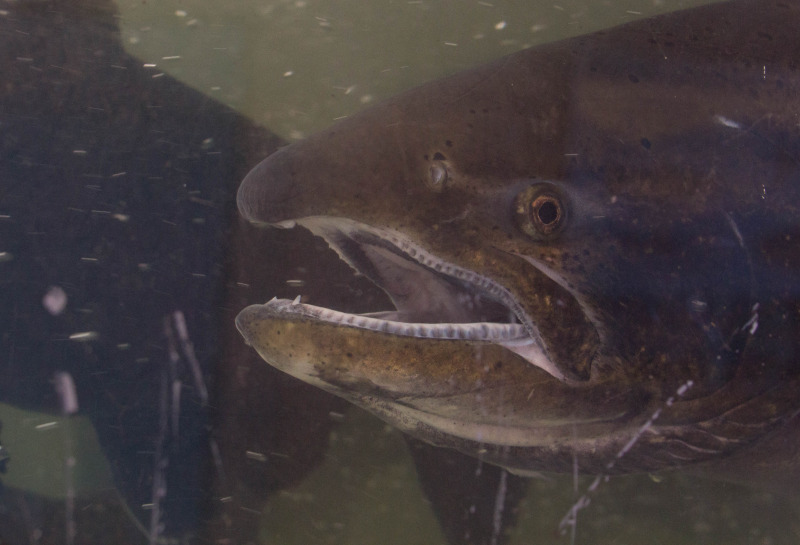A federal appeals court in San Francisco has upheld measures imposed by federal agencies to protect salmon and steelhead that migrate through the Sacramento-San Joaquin Delta.
A unanimous three-judge panel of the 9th U.S. Circuit Court of Appeals found that the National Marine Fisheries Service acted reasonably and within its discretion when it prescribed limits on the amount of water exported from the Sacramento-San Joaquin Delta in order to protect threatened and endangered salmonids.
The fisheries service's "biological opinion," issued in 2009, set seasonal limits on the volume of water that could be extracted by the massive federal and state pumping plants at the southern edge of the Delta. From there, water flows down a pair of massive canals to farms in the San Joaquin Valley and to urban customers from the South Bay to the Los Angeles area.
Fisheries service biologists said the pumping limits were necessary to prevent juvenile fish from imperiled Central Valley chinook and salmon runs from being pulled toward the pumps as they attempt to migrate out to sea. The biological opinion said pumping limits were needed, too, to aid endangered populations of sturgeon and orcas.

